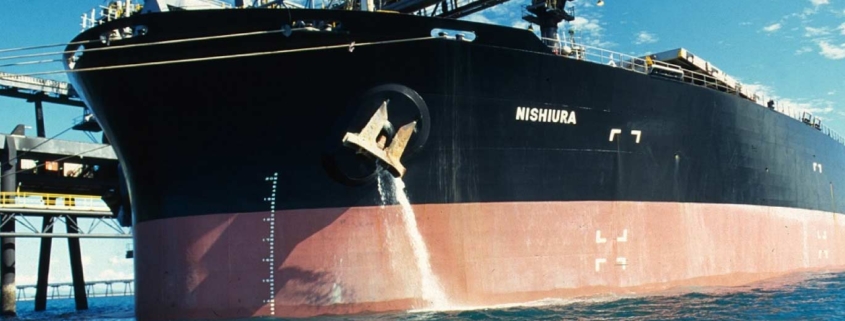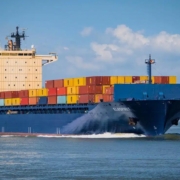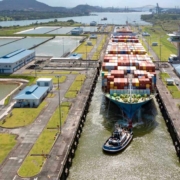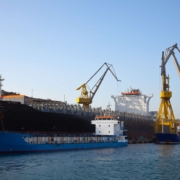The Importance of Effective Ballast Water Management
In a world where marine biodiversity faces a growing threat, effective ballast water management emerges as a crucial pillar for the preservation of our aquatic ecosystems. With an alarming 29% of marine species consumed by humans already in collapse, it is imperative to focus our attention on sustainable and effective solutions in ballast water management. Let’s explore the importance of this process and its impact on marine biodiversity conservation.
Understanding Ballast Water and Its Impact on Marine Biodiversity
Ballast water is essential for the stability and operational safety of ships, but it also represents a serious risk to marine ecosystems. When ships take in ballast water at one port and discharge it at another, invasive species can be transported from one ecosystem to another, disrupting the ecological balance and harming local biodiversity.
The Spread of Invasive Species: A Growing Danger
The introduction of invasive species is one of the leading causes of marine biodiversity loss. These species can outcompete native ones, destroy habitats, and disrupt food chains, leading to ecological collapse.
Strategies for Effective Ballast Water Management
Implementation of Treatment and Technologies
Treating ballast water is essential to eliminate harmful organisms. This includes physical, chemical, and biological methods to treat water before discharge. Technological innovation plays a crucial role in developing more effective and environmentally friendly solutions.
International Regulations and Compliance
The International Convention for the Control and Management of Ships’ Ballast Water and Sediments, adopted by the International Maritime Organization (IMO), establishes standards and procedures for ballast water management. Compliance with these regulations is essential to protect marine ecosystems.
Education and Awareness
Creating awareness about the importance of ballast water management is crucial. Education and training for ship crews and operators ensure that best practices are effectively implemented.
Benefits of Effective Management
Protection of Marine Biodiversity
Effective ballast water management helps preserve marine biodiversity by preventing the spread of invasive species. This is vital for maintaining ecological balance and protecting endangered species.
Support for Fisheries and Aquaculture
By protecting marine biodiversity, you also support the fishing and aquaculture industries, which depend on healthy ecosystems for their livelihoods.
Promotion of Sustainable Tourism
Thriving and diverse marine ecosystems attract tourism, which can foster a sustainable blue economy.
Challenges and the Future of Management
Investments in Research and Development
Continued investment in research and development is necessary to improve ballast water treatment technologies and make them more accessible and efficient.
International Cooperation
Ballast water management requires strong international cooperation, as ships navigate global waters. Collaboration between countries and regions is essential for effective regulation implementation.
Adaptation to Changes and New Threats
Climate change and other environmental factors present new challenges in ballast water management. Adapting to these changes is crucial for the long-term effectiveness of management strategies.
A Commitment to Marine Sustainability
Effective ballast water management is more than an operational necessity; it is a commitment to the preservation of our oceans and marine biodiversity. By addressing this challenge with technology, regulations, and education, we can ensure a more sustainable future for our marine ecosystems and for future generations. Navigating toward a future where the oceans remain a stronghold of life and diversity is a responsibility we all share.
For more articles on marine sustainability visit our blog.









